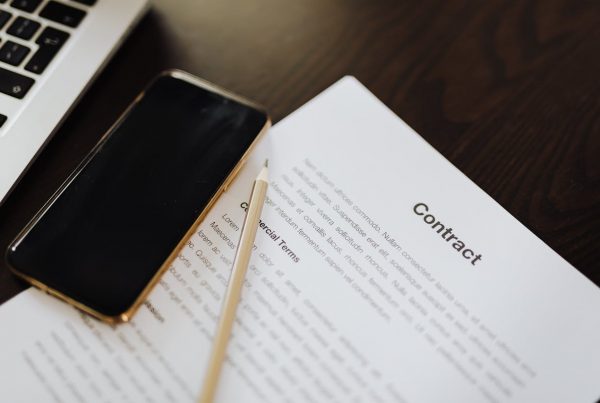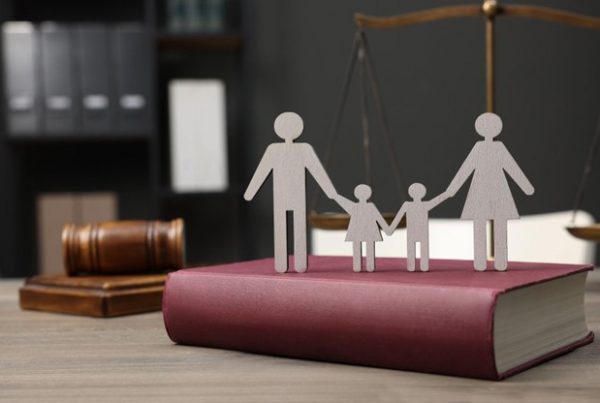Debt Collection in Singapore: Legal Remedies for Recovering Outstanding Payments
Debt collection is a common challenge for businesses and individuals in Singapore. When payment obligations are not met, cash flow suffers and operational risks increase. Knowing your legal rights and options under Singapore law can help you recover what you are owed without breaching regulatory or ethical standards.
Creditors can start by issuing a Letter of Demand (LOD) to formally request payment. If that fails, they may pursue recovery through the Small Claims Tribunals for lower-value debts, or through civil litigation in the State or High Courts for larger amounts. Mediation through organisations like the Singapore Mediation Centre (SMC) is also an option for resolving disputes without lengthy court proceedings. While private debt collection agencies are allowed to operate, they are not licensed by a specific authority and must still follow laws such as the Protection from Harassment Act (POHA).
To avoid legal complications, it’s best to seek guidance from a qualified debt collection lawyer, especially when handling complex or high-value claims. In this guide, we explain how debt recovery works, the steps involved, and when to engage a professional debt collection lawyer in Singapore.
What Is Debt Collection?
Debt collection is the process of pursuing payment from a party who has failed to fulfil their financial obligations. This process can take several forms, depending on the situation. It may be done privately, such as through direct communication or negotiations between the creditor and debtor. Alternatively, creditors may issue formal legal letters to demand repayment, or escalate the matter through formal court proceedings if necessary.
Under Singapore law, the legal framework for debt recovery is governed by several key sources, including the Civil Law Act, the Rules of Court, and the contractual agreements established between the parties involved. These legal instruments outline the rights and responsibilities of both creditors and debtors, as well as the procedures for enforcing repayment.
The most appropriate route for debt recovery will depend on factors such as the type of claim, the amount owed, and the specific terms of the agreement. Understanding these elements is crucial in determining whether to pursue private negotiation, legal action, or alternative dispute resolution methods.
How Does Debt Collection Work in Singapore?
The debt collection process in Singapore helps creditors recover outstanding payments lawfully and systematically. It ensures compliance with local regulations at every stage. Professionalism is maintained throughout the recovery efforts. These key steps offer a clear framework for both individuals and businesses to pursue debts effectively:
1. Issue a Letter of Demand (LOD)
This is the first formal step in most debt recovery cases. A Letter of Demand is a formal letter stating the amount owed and requesting payment within a specific time frame (usually 7–14 days). It serves as a clear warning and gives the debtor an opportunity to settle the matter before legal action is taken.
2. Negotiation or Settlement
After receiving the LOD, many debtors respond by negotiating with the creditor. In many cases, disputes are resolved at this stage through mutual agreement, such as revised payment terms or instalment plans. This approach is often faster and more cost-effective than going to court.
3. Legal Proceedings
If the LOD is ignored or negotiations fail, the creditor may initiate a civil claim. Depending on the size of the claim, this can be done in the Small Claims Tribunals, Magistrate’s Court, or District Court. The choice of court will depend on the amount owed and the nature of the dispute.
4. Judgment Enforcement
If the court rules in your favour and the debtor still does not pay, you may proceed with enforcing the judgment. This can involve various legal tools such as writs of seizure (to take property), garnishee orders (to access the debtor’s bank accounts), or even bankruptcy proceedings for larger debts.
When to Engage a Debt Recovery Lawyer in Singapore
Not all debts require legal action, but there are certain scenarios where hiring a debt collection lawyer becomes essential. You should consider engaging a debt recovery lawyer in the following situations:
- Repeated non-payment despite verbal reminders: When debtors consistently fail to pay after multiple reminders, it may be time to involve a professional to take formal action.
- Commercial debts involving contracts or high-value amounts: In cases of significant business-related debts or disputes involving formal contracts, legal expertise is crucial to ensure proper handling.
- Debtors avoiding contact or showing signs of insolvency: If debtors are avoiding communication or appear to be insolvent, legal assistance may be needed to navigate these challenges and protect your interests.
- Complex cross-border or B2B disputes: For debts that involve international parties or business-to-business (B2B) issues, legal support ensures that the right procedures are followed across jurisdictions.
Types of Debt Collection Cases We Handle
DL Law Corporation provides debt recovery services for a variety of legal and commercial disputes. Our experienced lawyers are equipped to handle various types of debt collection cases, each with a tailored approach.
1. Unpaid Invoices
Failure to pay for goods or services is one of the most common forms of debt. Whether the invoices are for goods, services, or consultancy fees, our lawyers assist you in recovering overdue payments by using appropriate contractual remedies and pursuing litigation where necessary to ensure payment is made.
2. Loan Defaults
Personal or business loans, whether documented by formal agreements or promissory notes, can be pursued if borrowers fail to repay their debts. Our legal team helps ensure that the enforcement of such loans is carried out ethically, lawfully, and in accordance with Singapore’s legal standards to protect your interests.
3. Rent Arrears
Landlords often face tenants who default on rental payments, creating financial strain. Our debt collection lawyers offer comprehensive support, including sending Letters of Demand (LOD), initiating court actions, and recovering unpaid rent through available legal tools such as security deposits or garnishee orders, ensuring landlords are paid what they are owed.
4. Corporate Debt Recovery
Small and medium enterprises (SME) and businesses frequently encounter clients who delay or refuse payment for goods or services. We provide structured recovery plans that prioritise your business’s needs, aiming to recover debts while preserving ongoing relationships and minimising disruption to your operations.
5. Enforcement of Foreign Judgments
DL Law Corporation also assists clients in enforcing foreign court judgments or arbitration awards in Singapore. Under the Reciprocal Enforcement of Commonwealth Judgments Act, we help clients navigate the complex process of enforcing foreign judgments, ensuring that your legal rights are upheld across jurisdictions.
Key Legal Remedies in Debt Recovery
Creditors in Singapore have access to several legal remedies when pursuing outstanding debts, each designed to enforce payment in a lawful and structured manner. Depending on the nature of the debt and the circumstances of the case, the following legal remedies can be pursued:
- Civil litigation: Sue the debtor in court for a judgment in your favour. It will provide a clear path for creditors to claim the amounts owed and enforce payment through judicial means.
- Writ of seizure and sale: Authorises seizure of the debtor’s assets, such as property or valuables, to satisfy the debt.
- Garnishee order: A garnishee order allows creditors to freeze the debtor’s bank accounts or any third-party funds payable to the debtor, such as wages or payments from clients.
- Bankruptcy or winding up: Used against insolvent individuals or companies with debts exceeding statutory limits.
- Mediation or arbitration: Useful in preserving relationships while resolving disputes amicably.
Frequently Asked Questions About Debt Collection
- Is debt collection legal in Singapore?
Yes. Creditors may pursue debts as long as the methods used are lawful, such as letters of demand and civil claims. Harassment or intimidation is prohibited. - How long do I have to recover a debt?
The Limitation Act provides a 6-year time limit from the date the debt is due to file a claim in court. - Can I charge interest on overdue amounts?
Interest may be claimed if the contract permits it or under the court’s discretion during judgment. Rates must be reasonable. - What happens if the debtor is overseas?
If the debtor is in a reciprocating jurisdiction, foreign judgments can be enforced in Singapore through established legal frameworks. - Do I need to go to court for every debt recovery case?
Not necessarily. Many cases are resolved with a letter of demand or negotiated settlement before reaching court.
Recover Debts Effectively with DL Law Corporation
Recovering debts can be a stressful and time-consuming process, especially when non-payment affects your business cash flow or personal finances. At DL Law Corporation, our experienced debt collection lawyers in Singapore offer practical, strategic, and professional support to help you recover what you are owed.
Whether through formal court proceedings or alternative dispute resolution, our goal is to secure outcomes efficiently and lawfully.
Contact DL Law Corporation to speak with a lawyer about your debt recovery options today.









